6. It highlights our compulsion to make money from hobbies
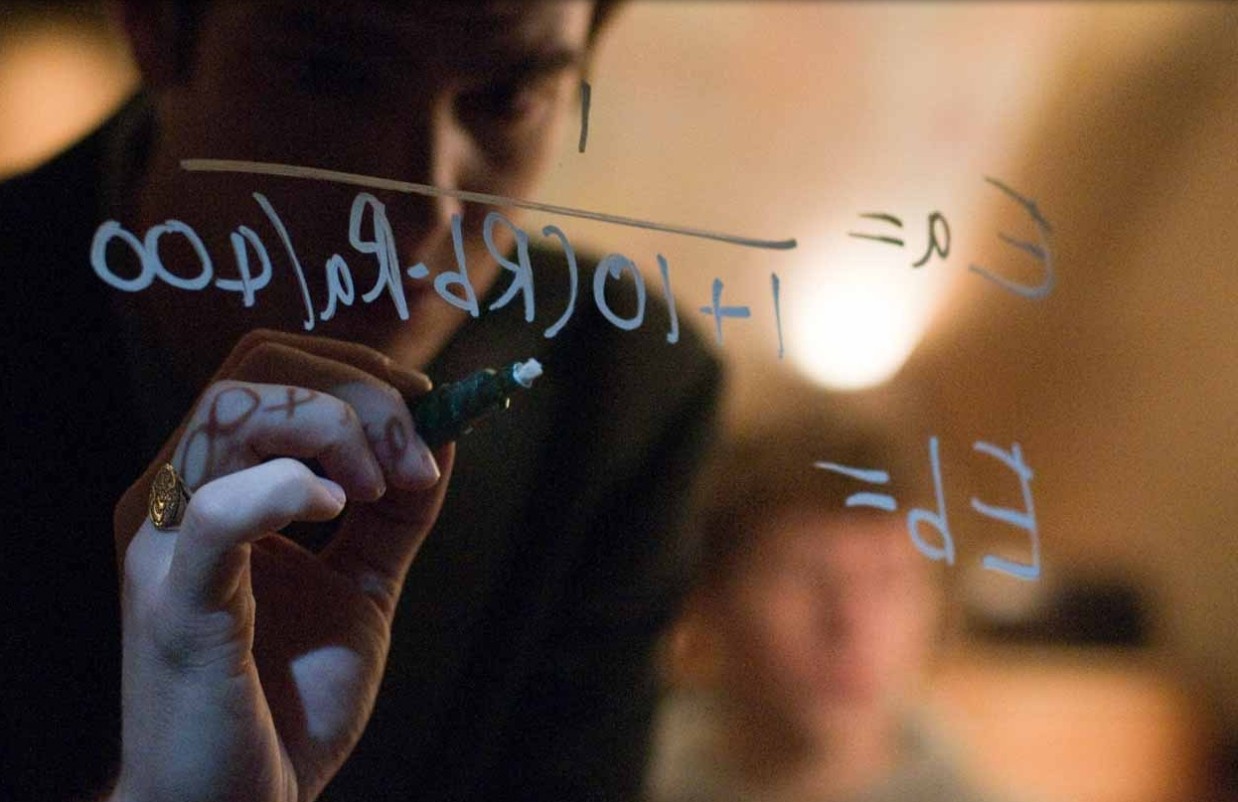
With blogs and social media and the ability to monetize them, people are constantly looking for ways to capitalize on their leisure pursuits. Zuckerberg was a talented genius but ultimately found a way to make money on a website he created that simply allows people to follow other people’s lives. (Obviously, Facebook is more than that but that is the premise it is built upon.)
Though Zuckerberg represents a small minority of people, especially considering his coding prowess, he represents what the vast majority of people want to do. “Perhaps I can create a YouTube video and go viral and parlay that into money!” “Perhaps I can write a blog that will eventually be picked up by bigger news outlets and parlay that into a lucrative career!”
Information moves so quickly in 2017. The speed of that information is effectively shown through Fincher’s editing and the score. Propulsive beats underscore scenes of people using the early website that Zuckerberg creates. Fincher creates short montages of students on computer screens interacting with the programs Zuckerberg has written. Virality leads to immortality. And though Zuckerberg can be seen as an arrogant cad, he is the poster child for that.
7. It exposes our relentless pursuit of popularity
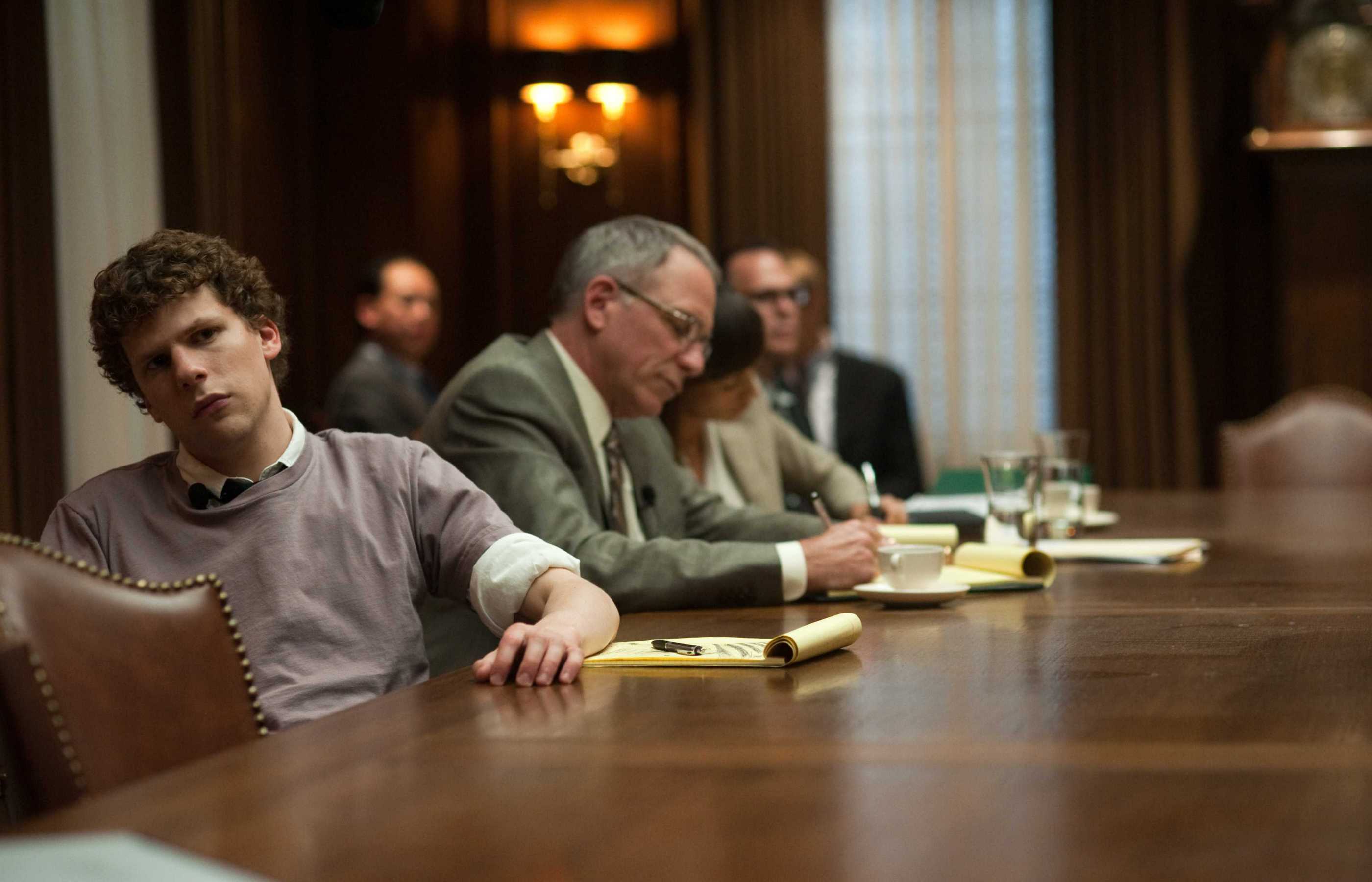
At the heart of Zuckerberg’s quest is his desire to be liked. He knows that the decisions he makes are poor ones with bad consequences. But, in chasing fame, he knows that sacrifices must be made.
Reznor and Ross’ music helps to underline Zuckerberg’s loneliness. Fincher’s color palette helps to do the same. Ultimately, the film frames Zuckerberg’s uncompromising quest as a desire to be liked. His eventual freezing out of Eduardo can be traced back to Eduardo’s Phoenix Club invite and Zuckerberg’s lack of said invite.
The film suggests that, deep down, all we want is to be popular. It’s where the contrast of Zuckerberg and viewers is most effective. The audience looks down upon Zuckerberg’s callous and impersonal decisions but relates intimately to his desire to be beloved. It is a contrast no one seems to be able to escape. People deal with competing impulses daily. In 2017, what finally controls many of many people’s choices is the hidden hope that they will be famous.
8. It shines a light on the fallibility of friendship in the social media age
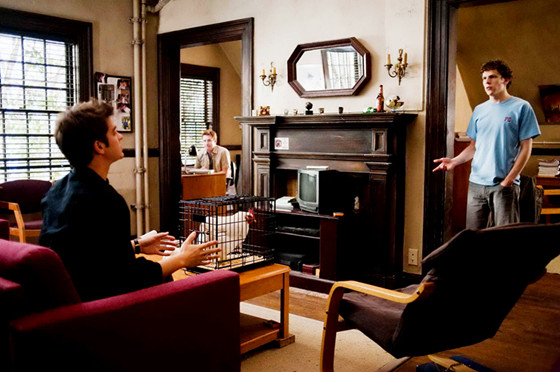
Facebook friends lists are monumentally long for many people. They are not populated with true friends but with other people who take up a “slot” in our friend count. These friendships are often based on very little. And with the breakdown of face-to-face communication (mentioned above), friendships fall apart at the slightest hint of trouble or the stigma of disagreement.
It is not usually conscious; it is just the nature of the beast. Mark Zuckerberg was much more willful in destroying his friendships. But, the way he saw the world, Eduardo should have understood. It was business. Eduardo was part of the old-school loyalty that Zuckerberg could not understand. Even as Eduardo begin to realize that some of his control was slipping away, he still allowed Zuckerberg to use his money because they were friends.
Fincher juxtaposes scenes of Zuckerberg and Eduardo in their combative depositions with scenes of them happily conversing with one another before their rancorous split. The contrast is effective in reminding the audience of the tenuous nature of friendship in 2017. It does not carry the same connotation it once did. For many, the word friend always carries air-quotations around it now. The audience recognizes that they use people around them to get where they want to be.
9. It argues that “he who controls the information controls all”
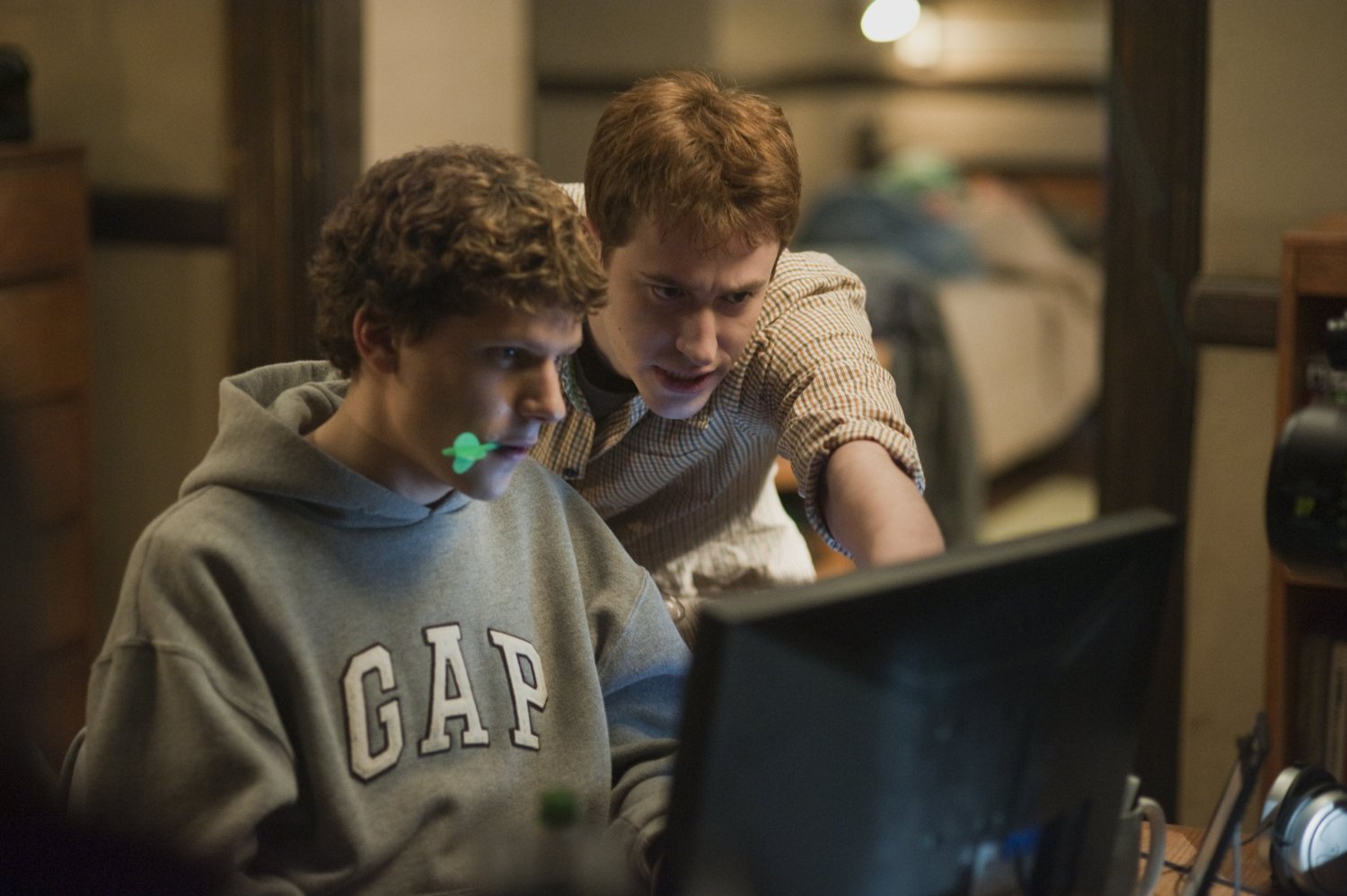
Our world is information-saturated. In the era of 24/7 news coverage and Twitter frenzies and constant alerts on our smartphones, there is never a time when people feel like they are not plugged into the latest news. The media and those that contribute to that unending flow of information are the ones who shape the truth. When Facebook was first getting off the ground, social media was still in its infant stages.
The movie dramatizes one of the races (arguably the most important race) to be one of the first groups to stand on the top of the metaphorical data tower and disperse the torrent of information. Yes, the courtroom fights and the depositions and the acrimony are fueled by the promise of a huge monetary windfall, obviously. But, the underlying motivation is to be the original Lord of the Information.
In the end, Zuckerberg wins. He beats everyone. He gets the company and the money and the fame. Facebook is now an integral part of our society every single day. Because he was the one who pioneered the ubiquitous information sharing and because his skills were what created Facebook, he could not be defeated, no matter how many times he violated social norms.
When Eisenberg as Zuckerberg delivers the iconic line, “If you guys were the inventors of Facebook, you’d have invented Facebook,” his cockiness stems from the fact that he can see the future. His future is our present, where Facebook literally shapes every conversation that the world is having.
10. It shows us the evolution of Facebook
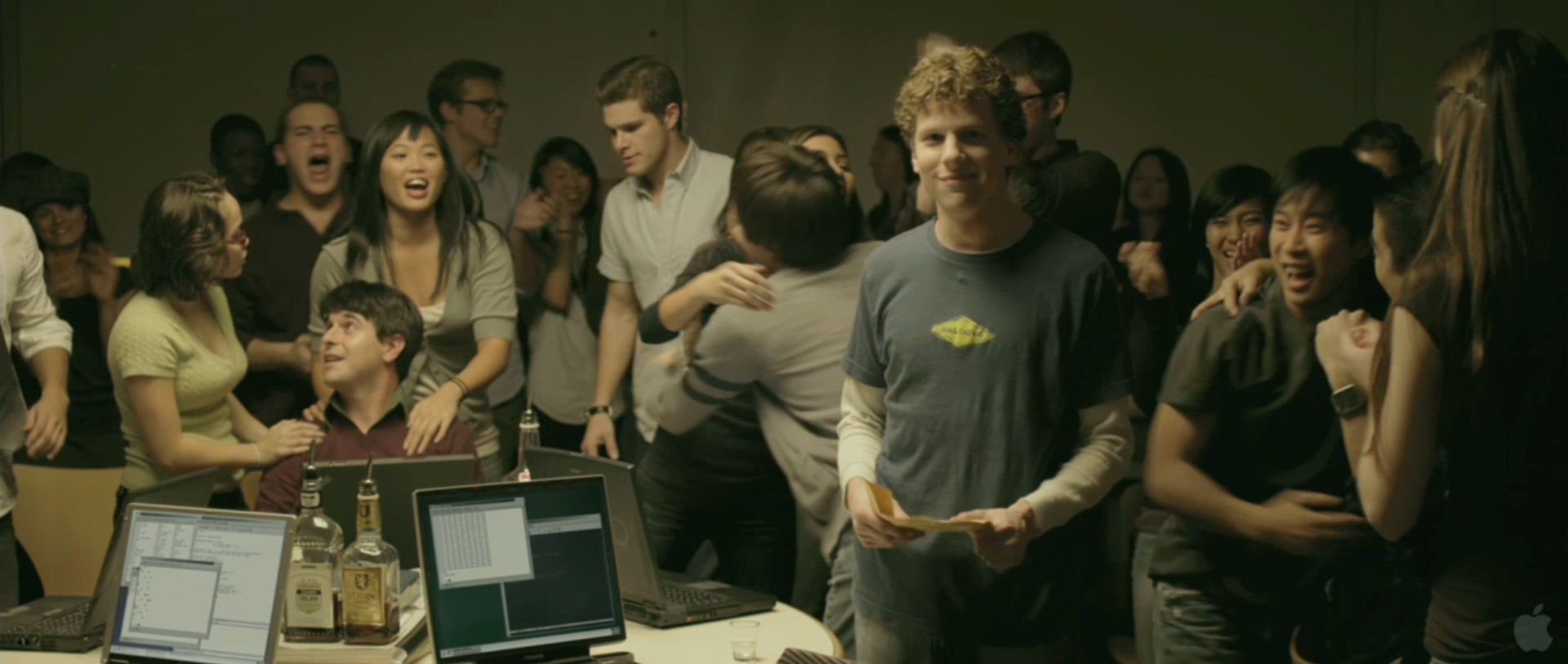
Simply, the movie takes us inside creation of Facebook. How did it start? Where did it end up? With Facebook such an integral part of many people’s lives, The Social Network is relevant for offering a window inside its genesis.
As viewers trace the evolution of the site from revenge rankings to global behemoth, it offers a glimpse into a revolution. The audience is given a front-row seat to predictive innovation, which always feels kinetic. Like most great movies, The Social Network’s forward momentum sweeps viewers up and reminds them of the excitement of creative subversion.
Author Bio: Chad Durham is co-editor and contributing writer for RogueAuteurs.com. He also participates bi-monthly in the Rogue Auteurs podcast. His day job is high school English teacher. He has been in love with movies since seeing The Sting when he was 12. The thrill and emotion of seeing a great movie for the first time will always be one of his favorite feelings.